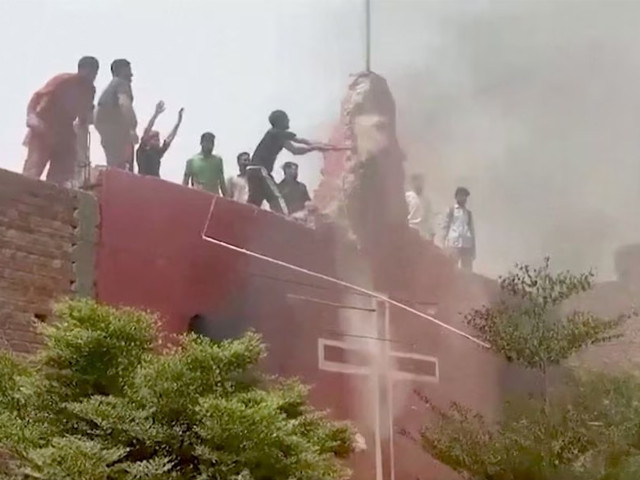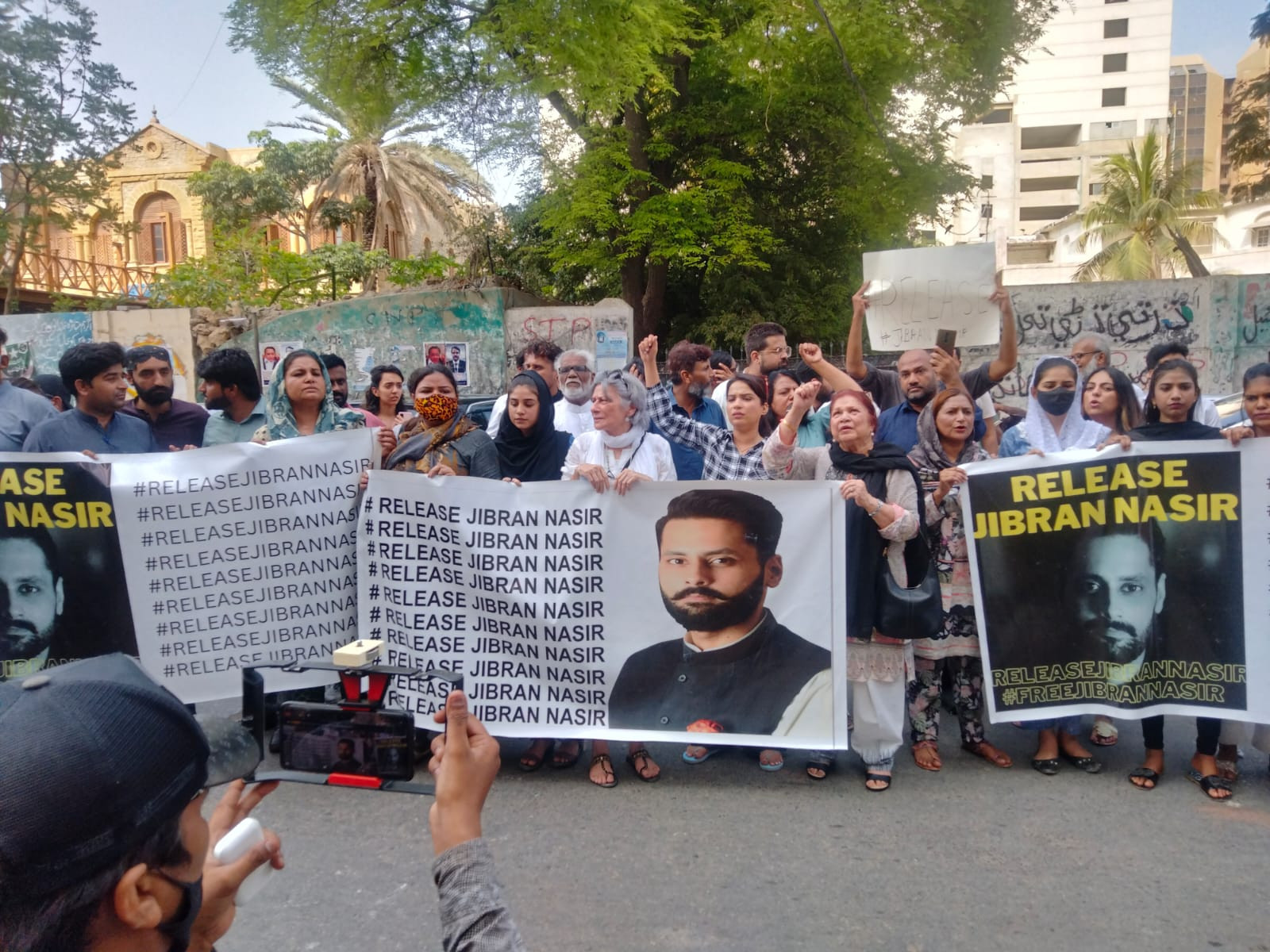
Why is Pakistan silent about the San Bernardino shooting?
When a Pakistani is involved in extremist behaviour, we feel that it is unfair for the West to expect us to condemn it
A flurry of recent incidents involving Islamic extremists – the latest being the shooting in California involving a couple of Pakistani descent – has put Muslims under the critical spotlight in much of the developed world. Such incidents, due to their visibility and shock value, often end up getting a tremendous amount of negative media attention.
This has resulted in xenophobic reactions from some political and media quarters. Many do not understand that Islam is not a monolithic faith and not every Muslim is identical. To view the entire Muslim world through the prism of extremist organisations like Islamic State of Iraq and Syria (ISIS), which is a fringe organisation, is unfair and even logically flawed. However, unfortunately, such a tendency prevails in the West and has resulted in negative stereotyping and over generalisation.
Let me admit upfront that this is wrong and condemnable and entails real negative consequences.
In recent times, there have been incidents involving harassment and discriminatory behaviour towards Muslims ranging from a kid being arrested for a making a clock to shooting of three Muslims at Chapel Hill.
Outcry from the Muslims over such incidents has obviously always been really enormous. In fact, when the 14-year-old Ahmed Mohamed was arrested for making a clock (mistaken for a bomb), outcry from the Muslim community was really huge. I lost counts of Facebook statuses of my friends, criticising the so-called US discrimination against Muslims. Our electronic media also lapped up the story further enhancing our collective sense of victimhood.
Yes, what happened to Ahmed was wrong, but what happened to him in the aftermath of his arrest is worth noting. He was invited to White House, offered admission by Massachusetts Institute of Technology (MIT) and there was also an expression of apology from many in the US. If his arrest showed xenophobia (which no doubt exists to some measure), the aftermaths also revealed the other side of the US. However, many of us who had been fuming over his arrest simply overlooked the subsequent developments.
While we certainly reserve the right to protest over the discriminatory treatment meted out to some Muslims, what concerns me is our own constant denial and utter lack of condemnation of Muslim extremism. Whenever an incident involving Muslims as perpetuators happens, all of us are either stunned into silence or start trying to deflect or even worse, trivialise.
After the Paris attacks, instead of condemnation, our major focus was on proving the so-called hypocrisy of the West due to their “selective outrage”. The fact that western media would obviously be covering their own tragedy was lost on us. We also overlooked the fact that France was a western country attacked by Muslim extremists and hence it was natural that this fact would be reflected in the media coverage.
Thus, even a clear aggression against the French, instead of drawing condemnation, actually prompted us to lodge complains and reemphasise our collective sense of victimhood. This in fact has become an established pattern that we complain when even something minor happens targeting Muslims and yet try to deflect and trivialise when our own indulge in hideous acts. And unfortunately, it is apparently the so-called moderate Muslims who display such behaviour. I still remember the way Pakistanis displayed immense hatred towards Malala Yousafzai rather than towards those who shot her.
This kind of denial and trivialisation is deeply problematic as it hinders self-introspection and worse ends up giving “soft” support to the extremists. The problem of extremism can only be countered if the opposition comes from within, but our present collective behaviour is, unfortunately, completely counterproductive.
In fact, our collective behaviour also ends up lending support to those who are xenophobic in the West as they are able to claim that the problem of religious extremism is not restricted to a minority of Muslims, but in varying extent and form, affects a substantial majority. It allows them to say, and with some credibility, majority of Muslims due to their lopsided reactions and constant denial, are actually complicit.
The latest incident in California involves a couple of Pakistani descent and the emerging details unfortunately reveal at least some role of Islamic radicalisation. At this point, we as Pakistanis should wholeheartedly condemn their act. Condemning does not mean that we have to apologise, it merely means that we are outraged and do not endorse such behaviour.
A few days ago, when there was a story that a Pakistani taxi driver was shot, the entire country was outraged and called it a shameless hate crime. Our newspapers and electronic media gave it extensive coverage. And yet, I witness a strange silence and lack of condemnation when we find that a Pakistani is involved in similar kind of hate crime. We are ready to feel angry and in fact display that anger when a Pakistani is attacked and yet when a Pakistani is involved in extremist behaviour, we feel that it is unfair for the West to expect us to even condemn it.
We need to condemn it wholeheartedly and without any ifs and buts. Silence in these highly volatile times will be construed as complicity. We also need to condemn it because the latest incident has put Pakistani Americans and for that matter American Muslims in precarious situation and they feel extremely vulnerable. Politicians like Donald Trump are going to lap up this opportunity to whip up further hate against Muslims and Pakistanis, and our lack of condemnation will only give them further ammunition.




COMMENTS (48)
Comments are moderated and generally will be posted if they are on-topic and not abusive.
For more information, please see our Comments FAQ